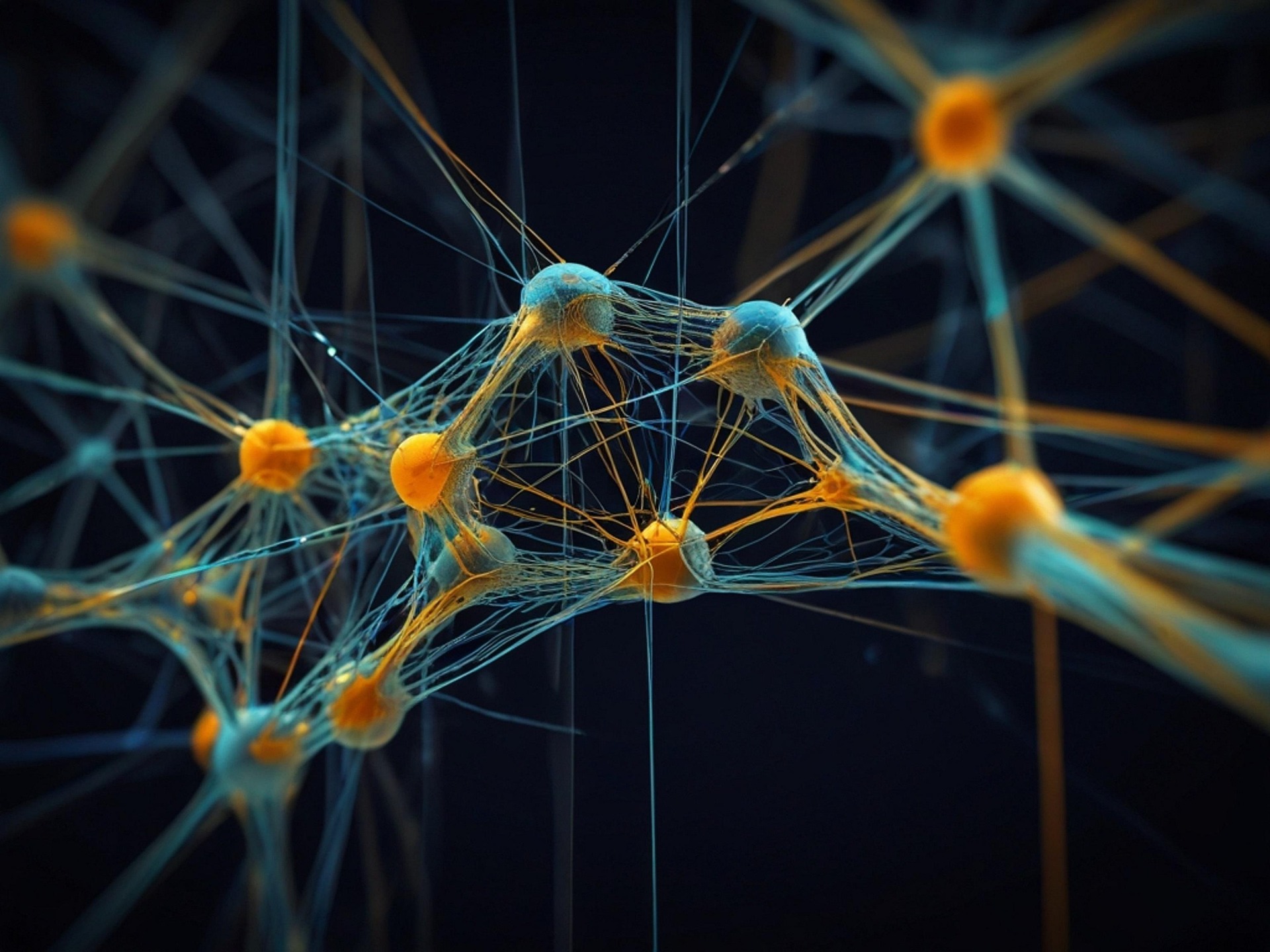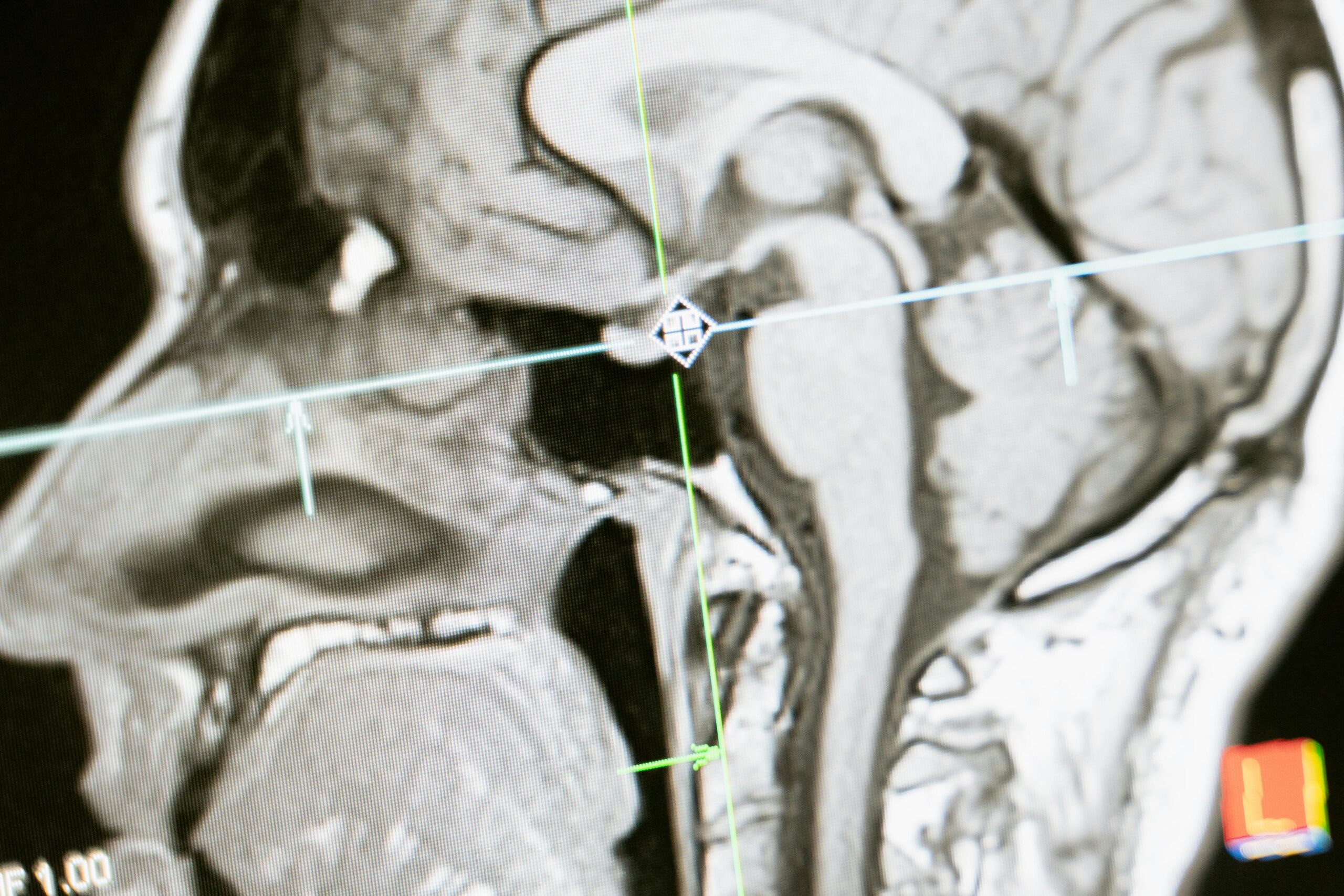We are at the crossroads of an agricultural revolution that promises sweeping changes to how we produce food, live, and interact with the environment. This transformation is not just about new farming techniques or food sources, but a deeper shift—one that challenges our very understanding of what it means to be human and how we relate to the world around us.
Corporate giants from both the technology and agricultural industries are consolidating their power over global food production. From Amazon to Bayer and Microsoft, these companies are pushing us toward a future where synthetic foods and data-driven farming replace traditional, natural farming practices. But beneath the promises of efficiency and innovation lies an unsettling reality: the loss of human connection to nature, and with it, the foundational aspects of community, culture, and spiritual life tied to the earth.
The rise of corporate-controlled agriculture
Corporate control over agriculture is no longer just about food production—it’s about creating a global farming system that is entirely dictated by data, machines, and profit. Tech giants like Microsoft and Google have now entered the agricultural sector, aligning themselves with agribusinesses like Cargill and Syngenta to introduce a new era of farming. This model envisions precision agriculture, where genetically modified seeds, laboratory-grown food, and drones replace human farmers and traditional methods.
Through Big Data and AI-driven systems, agricultural processes are becoming more streamlined, but also increasingly detached from nature’s rhythms. The new agriculture model doesn’t just change how we grow food; it changes the very nature of food itself, pushing synthetic, lab-created food products as alternatives to naturally grown crops. The world is on the brink of having its food produced by machines, controlled by algorithms, and delivered to urban centers—far from the soil it once came from.
The imperialistic agendas behind technological agriculture
While these advancements are often marketed as climate-friendly or as solutions to world hunger, the true purpose seems far more profit-driven. The involvement of Bill and Melinda Gates Foundation, BlackRock, and Vanguard—through land acquisitions and investments in biotech companies—raises questions about the underlying motives: control and monopolization.
Corporate interests have long viewed nature as a resource to be exploited, and now they seek to extend that control into the food system. The transition from biologically grown food to biosynthetic products is a part of a larger agenda that aims to reshape society by concentrating power over the land, the food we consume, and even the data about how we grow it.
The spiritual and cultural disconnect
The ongoing shift has enormous cultural and spiritual implications. For thousands of years, human civilizations have been deeply connected to the land, celebrating the seasons, the growth of crops, and the cycles of nature through rituals, myths, and religions. These practices weren’t merely superstitions but integral parts of a worldview that saw humans as part of a larger natural system.
In the Indian subcontinent, for example, Hinduism, Buddhism, and Jainism all emphasize the sanctity of nature. The earth is viewed as a Mother, and respect for nature is embedded in their teachings. Ancient scriptures such as the Vrikšajurveda offer insights into plant cultivation, soil conservation, and the treatment of animals—fostering a holistic approach to living in harmony with the environment.
This deep spiritual connection is echoed by Professor Robert W. Nicholls, who notes that ancient agricultural practices tied human existence to the land in a way that went beyond survival—it was a way to honor the earth, seasons, and gods. These practices helped sustain the individual and the community, fostering a sense of rootedness and continuity.
Agrarianism: A counterpoint to technological control
In contrast to the global, corporate-led agricultural transformation, agrarianism stands as a philosophy that champions small-scale farming, cooperative work, and connection to the land. Wendell Berry, a staunch advocate for agrarianism, emphasizes that the industrialization of agriculture, powered by machines and biotech, erodes the values of community, independence, and local control over the land. According to Berry, the true essence of agrarianism is not rooted in nostalgia but in a deeply practical desire to live in harmony with nature, not against it.
Berry’s critique of the ongoing agricultural revolution touches on more than just environmental issues—it’s about human dignity. As farmers are replaced by machines and AI-controlled systems, the loss of meaningful work and connection to the land is an existential issue. Agrarianism, therefore, is a call to reclaim human agency in the face of an increasingly automated world.
What does the future hold?
The future of food, farming, and human relationships with nature hinges on the choices we make today. Will we continue down the path of synthetic food production, technological dominance, and corporate control? Or will we resist this trend and seek ways to reconnect with the land, to re-establish agricultural systems that honor human dignity, sustainability, and spiritual well-being?
The answer may lie in revisiting ancient agricultural practices and philosophies that were built on the foundation of respect for the natural world. By embracing sustainable farming and community-driven models, we might reclaim the role of human beings as caretakers of the earth—rather than manipulators of it.
A call for a balanced approach
We must recognize the value of technology and innovation, but also the importance of maintaining human connections to the natural world. Agriculture, at its core, is not just about growing food; it is about fostering a relationship between humans and the land. As we face the challenges of a rapidly changing world, let us not forget the teachings of our ancestors and the deep wisdom embedded in the relationship between humans, nature, and food.
By reconsidering our approach to food production and agriculture, we can strive to create a future that respects both technological advancements and the human connection to nature. The question we must ask is not whether we can innovate, but whether we can innovate without losing our humanity.





